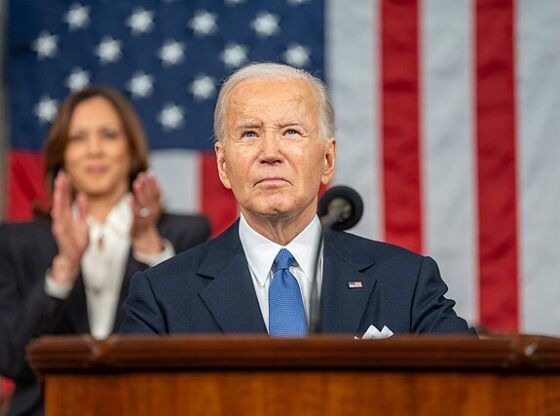On Thursday, Sept. 28, DU welcomed Jason Baldwin who, along with Damien Echols and Jessie Misskelley Jr., was imprisoned for 18 years for a crime he did not commit. Coined the “West Memphis Three,” the story of injustice was the subject of four documentaries and a feature film.
Baldwin gave two lectures at DU, one in the Davis Auditorium and the other in the Sturm College of Law. At the law school, in a small classroom setting–Baldwin reflected on the judicial system, the way it treats criminals and, more generally, human beings. He argued that this system was an antagonistic system in which the title of one’s job creates a set of expectations that can tarnish the role at hand.
An example he gave of this was the expectations for the role of a prosecutor who, “if he wants to keep the job, he has to continue to get convictions,” said Baldwin.
The problem, he argues, lies in how the job of a prosecutor is not to get the truth but to prosecute. “You’re primed to look for evidence of guilt,” continued Baldwin as he argued that the presumption of innocence is tainted due to how the term “suspect” becomes synonymous with “guilty” and the phrase, “innocent until proven guilty,” gives leeway for the justice system to pursue reasons for convicting the suspect rather than searching for the truth.
In the lecture, Baldwin recalled the moments that lead to his and his friend’s arrest, beginning with him and his neighbors being charged for breaking and entering because they were playing at a lake nearby their West Memphis, Ark. trailer park. He, his brothers and his neighbors, he said, were given probation for five years and each kid was charged $500 in fines. Since then, the trailer park where Baldwin lived, garnered a negative reputation. “We’re just those kids from the trailer park who all have records,” Baldwin explained.
Echols, Baldwin’s friend and another one of the wrongly convicted West Memphis Three, was immediately connected to the murder of the three second-graders due to his probation officer’s skepticism over his religious explorations, said Baldwin. “They didn’t go into facts of the crime, they started with this idea that Damian must have done it because Jerry has been messing with Damian about his interest in Wicca and alternate religions, Buddhism, Catholicism,” said Baldwin, “he was ostracized to the point where he was called a Satanist.”
Misskelley’s questioning, which lead to the conviction of Baldwin and Echols, “was a collaborative effort between the detectives and Jessie,” said Baldwin who said Misskelley’s low IQ was taken advantage of. “They would lay out photos of the boys’ bodies after they were found and just make up a story about what he saw in the photos with the caveat that he put Damian and me there,” he said.
With those three recollections and the description of his court hearing not allowing him to testify for himself, Baldwin tells the audience that the judicial system needs amending and that it all goes back to the title of the prosecutor and the presumption of innocence—something he said neither he nor Echols and Misskelley had.
Baldwin, Echols and Misskelley were released from prison on Aug. 19, 2011.











